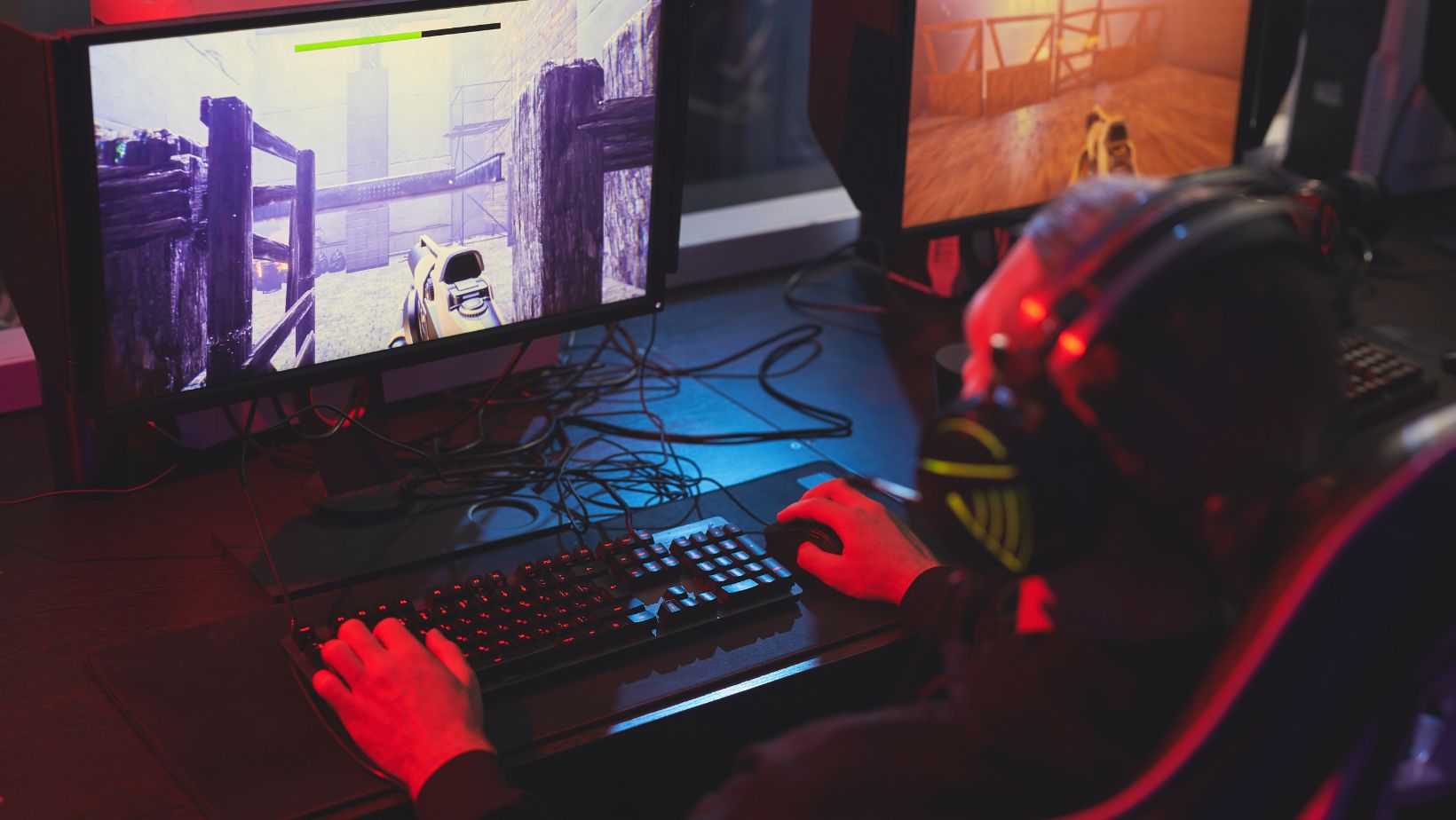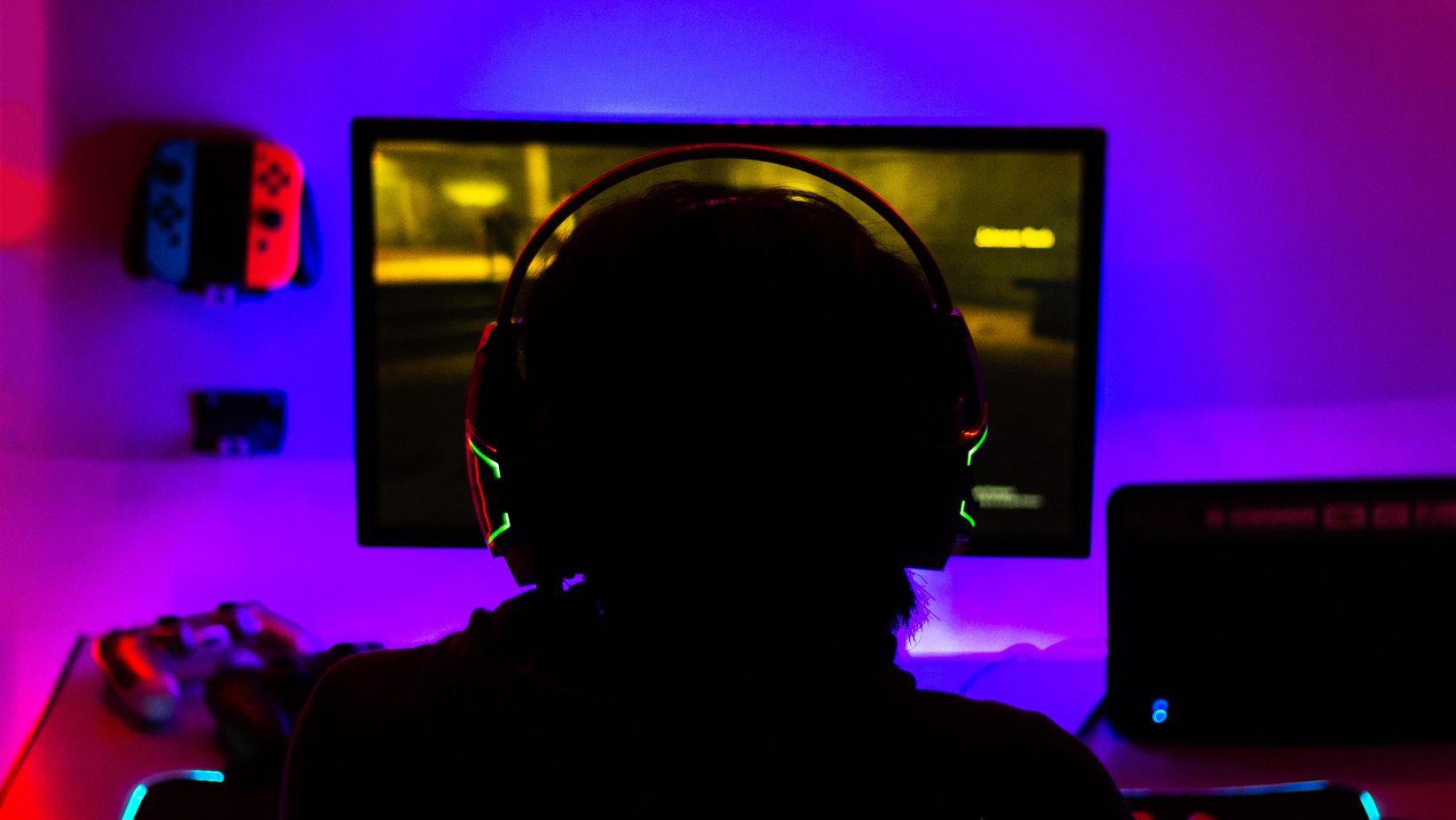
Video games and social media are becoming more alike these days. In the past, people thought of video games as something you did alone. But now, they’ve turned into lively places where people come together. Players don’t just play games anymore; they make friends, share their experiences, and work together in ways we couldn’t have imagined before.
This big change is making us think differently about how we have fun and talk to each other online. Video games aren’t just games anymore – they’re now places where people meet and hang out, just like social media. In fact, some games are so good at bringing people together that they’re just as popular as regular social media for making connections.
When we look closer at this change, we’ll see how video games have become great places for people to talk and be social. We’ll check out the different game systems and websites that help make this happen.
All of these changes show us that the way we play games and talk to each other online is getting mixed together. It’s an exciting time where the lines between playing and socializing are getting fuzzy, and it’s changing how we think about having fun online.
The Rise of Social Interaction in Video Games
The journey of video games from isolated consoles to interconnected social hubs has been nothing short of revolutionary. Modern games are designed with social interaction at their core, transforming the gaming experience from a solitary pursuit into a shared adventure.
Multiplayer games have led this charge, creating vast virtual worlds where millions of players can interact simultaneously. Games like “Fortnite” and “World of Warcraft” aren’t just about gameplay; they’re about creating shared experiences and memories with friends and strangers alike. These games often feature intricate social systems, allowing players to form guilds, join clans, or team up for epic quests, fostering a sense of belonging and community. This desire for digital community and connection extends far beyond dedicated gaming environments, permeating social media platforms where personal networks are actively built. Just as players strategize to grow their in-game presence, individuals often look for effective methods, such as SocialBoosting TikTok followers, to amplify their reach and engage with a wider audience.
Communication tools have played a crucial role in this social evolution. In-game chat features, both text and voice, allow players to strategise in real time, share victories, or simply engage in casual conversation. Many games now include social hubs – virtual spaces where players can gather, showcase their achievements, and interact outside of the main gameplay.
Furthermore, in-game events have become powerful catalysts for social interaction. Whether it’s a limited-time raid in an MMO or a virtual concert within a game like “Fortnite,” these events bring players together, creating shared experiences that extend beyond the game itself and into real-world conversations.
The Shift from Gaming to Social Media Platforms
As games have become more social, dedicated platforms have emerged to support and expand these communities beyond the confines of the games themselves.
Discord, originally created for gamers, has evolved into a versatile communication platform where gaming communities thrive. It allows players to chat, share content, and organise events even when they’re not actively playing.
Twitch and YouTube Gaming have transformed gaming into a spectator sport, where millions tune in to watch their favourite players. These platforms don’t just showcase gameplay; they create interactive experiences where viewers can chat with streamers and fellow fans in real time, forming communities around shared interests.
The integration of these platforms with games has created a seamless social environment. Many games now feature built-in streaming capabilities or direct links to Discord servers, blurring the lines between the game world and the broader social ecosystem surrounding it.
Similar to video games, new online bingo sites are evolving to become more than just games—they’re growing into platforms for social connection. Players can now interact with one another in real time, join community groups, and share their experiences, making these sites resemble a social network. With live chat features, virtual bingo rooms, and multiplayer gameplay, modern bingo platforms are tapping into the social side of gaming, creating a shared space where players can form friendships, compete, and even stream their gameplay—similar to how gamers interact in online multiplayer games or through streaming services like Twitch.
The evolution of video games and online bingo into dynamic social platforms represents a significant shift in how people interact and entertain themselves in the digital age. These platforms are no longer just places to play; they’ve become vibrant communities where people can connect, share experiences, and form meaningful relationships.
As the lines between gaming, social media, and online gambling continue to blur, we’re witnessing the creation of new digital social spaces that cater to our innate need for connection and community. Whether through epic multiplayer battles, shared virtual concerts, or the excitement of a bingo win celebrated with online friends, these platforms are redefining what it means to be social in the 21st century.
The future of digital entertainment is undoubtedly social, and as video games and online bingo sites continue to innovate in this space, they’re not just changing how we play – they’re changing how we connect, communicate, and build communities in an increasingly digital world.




